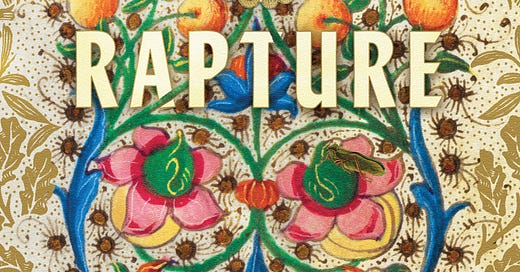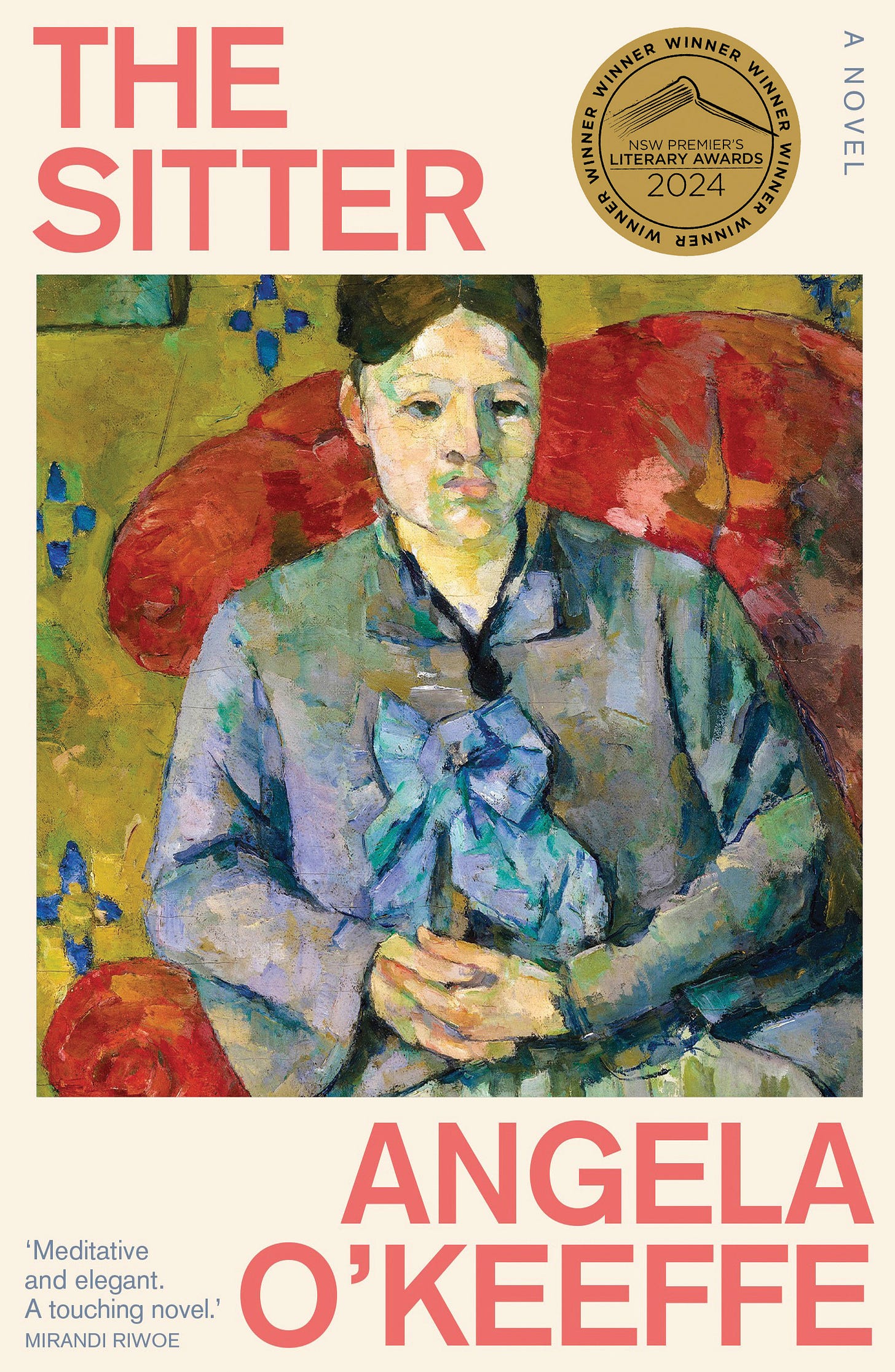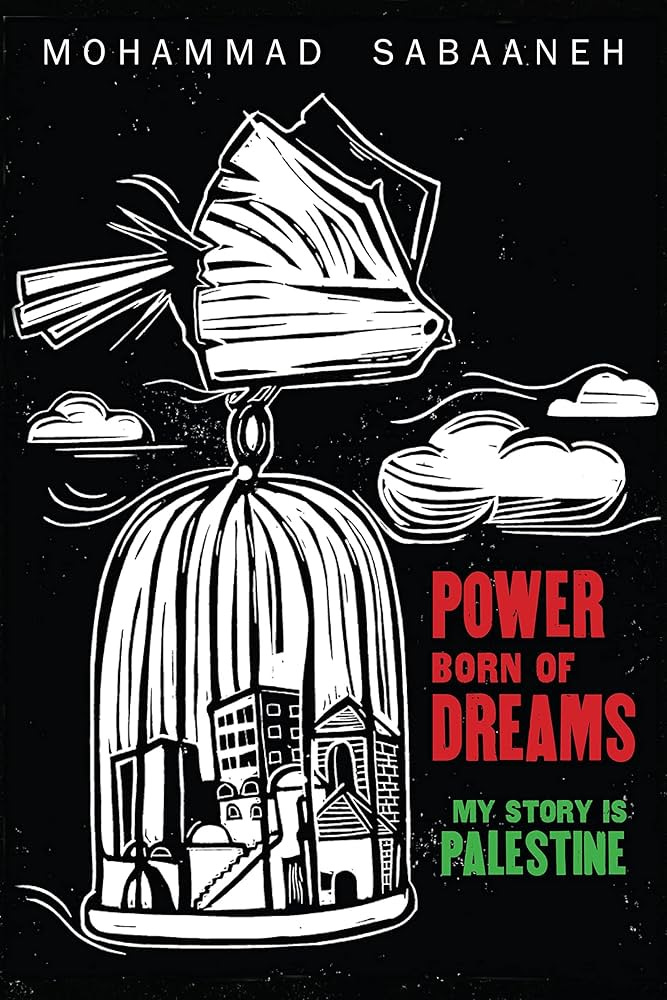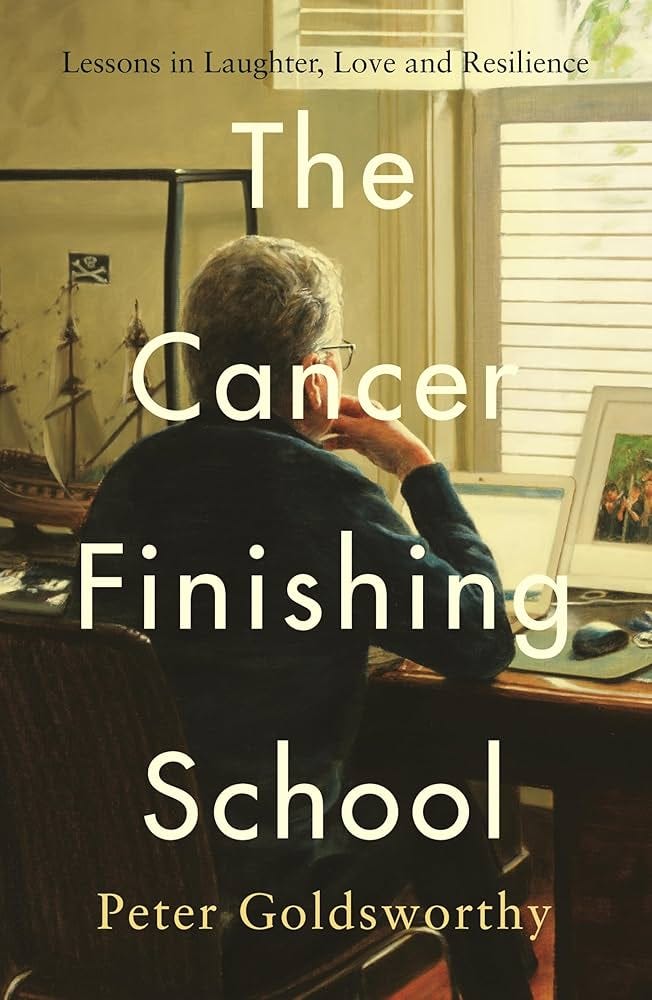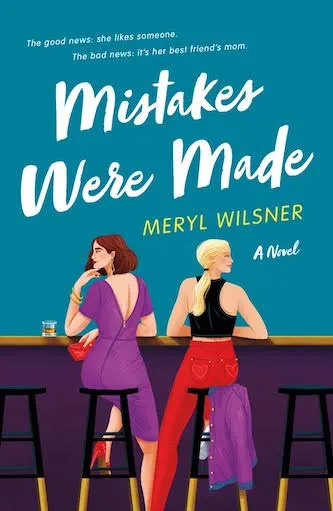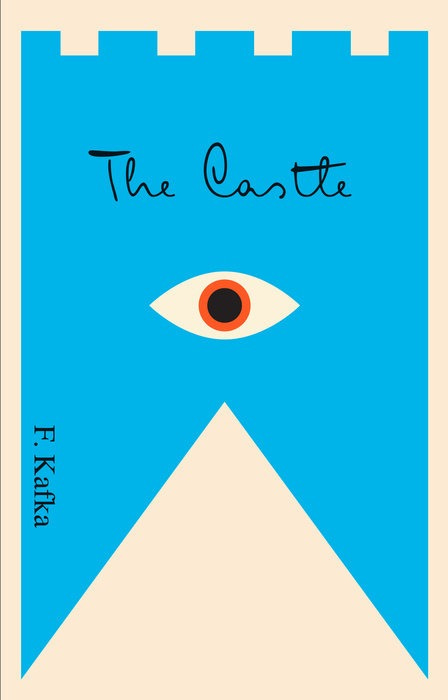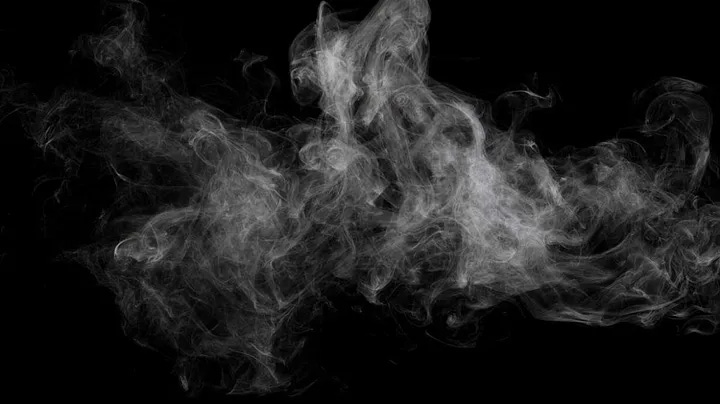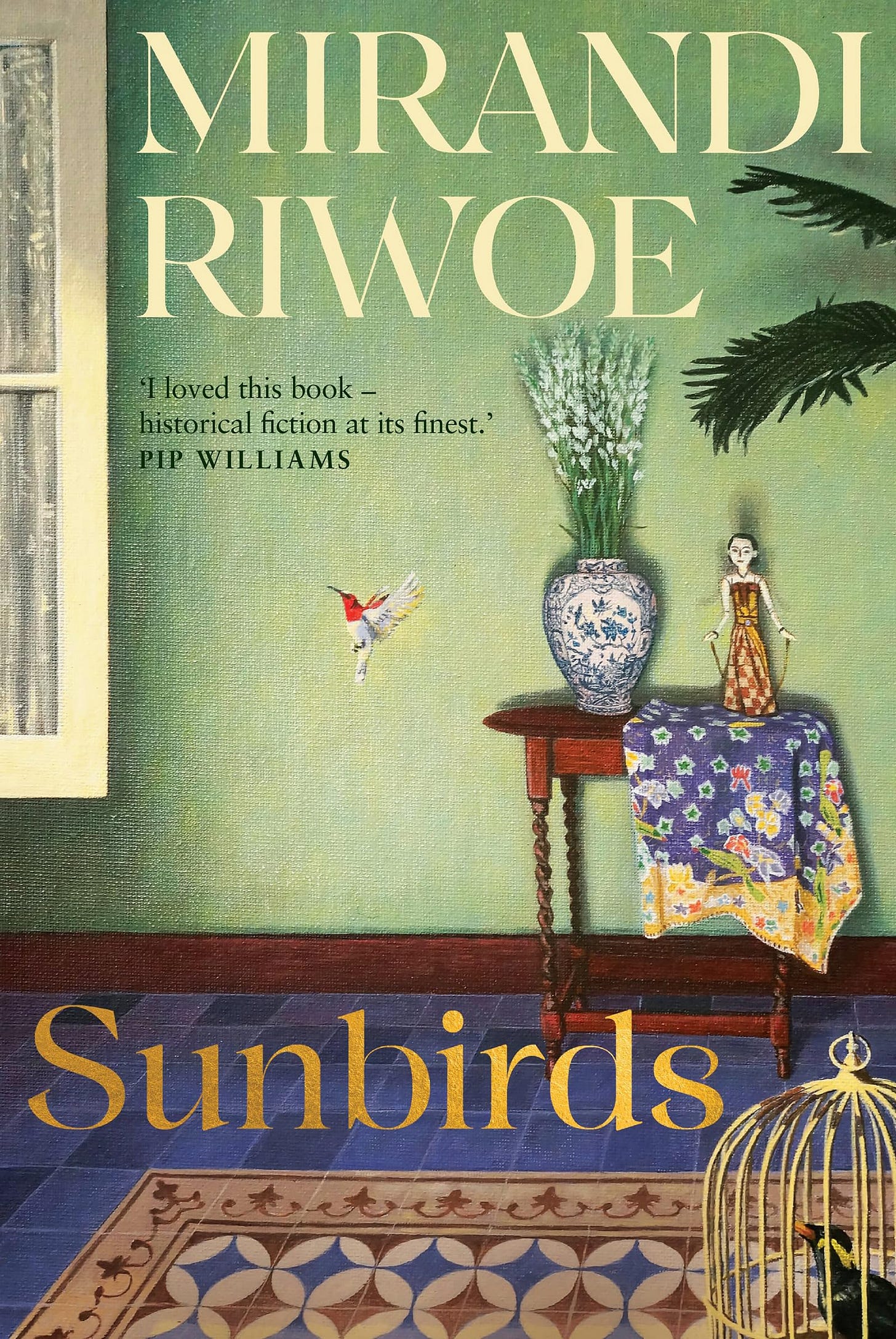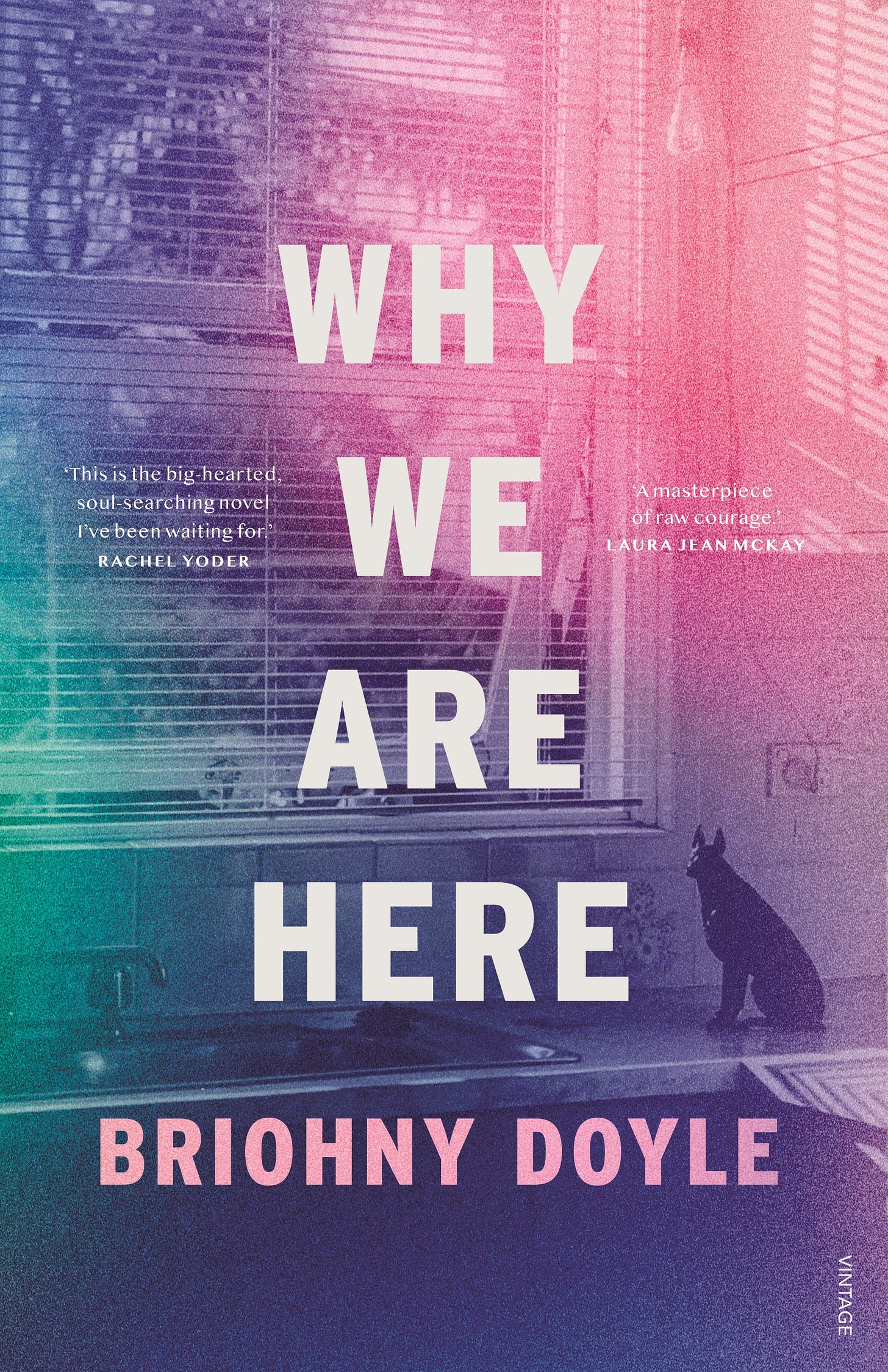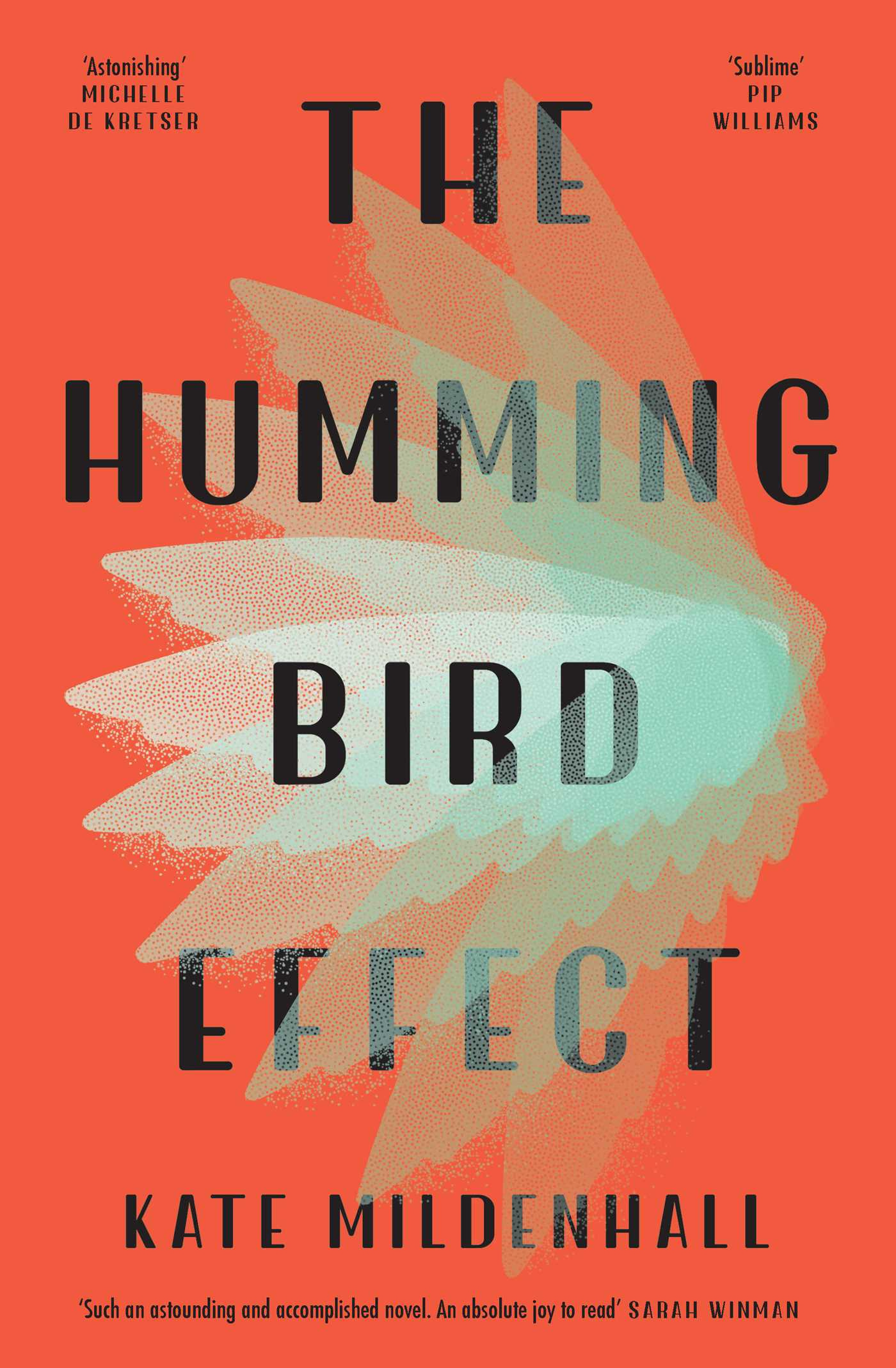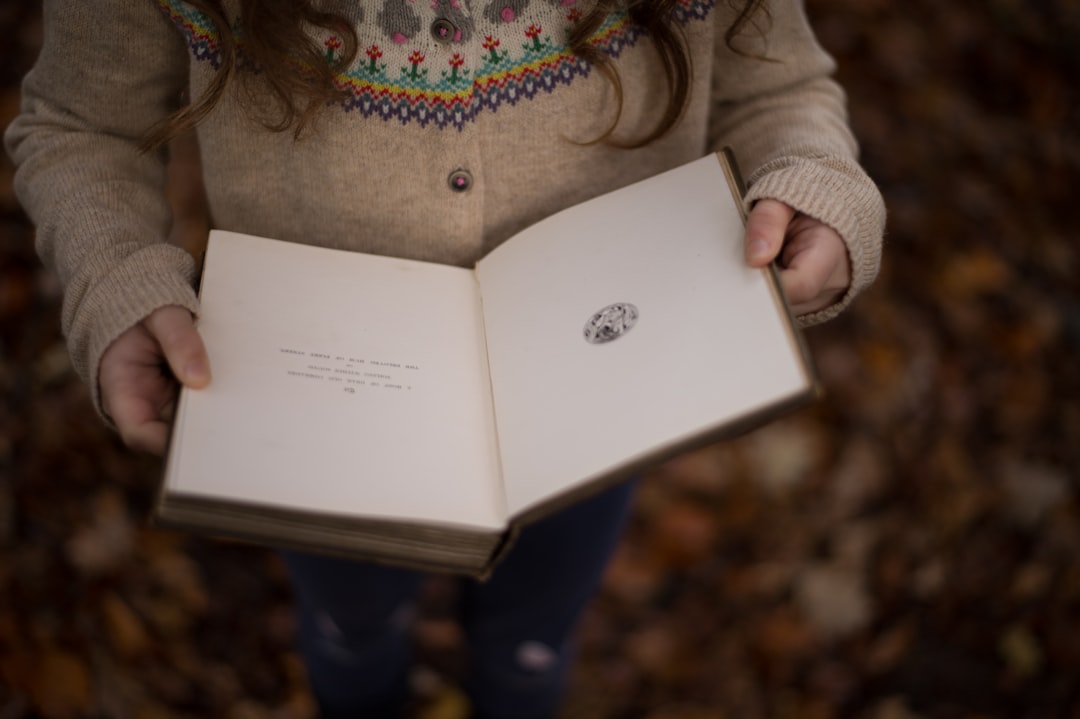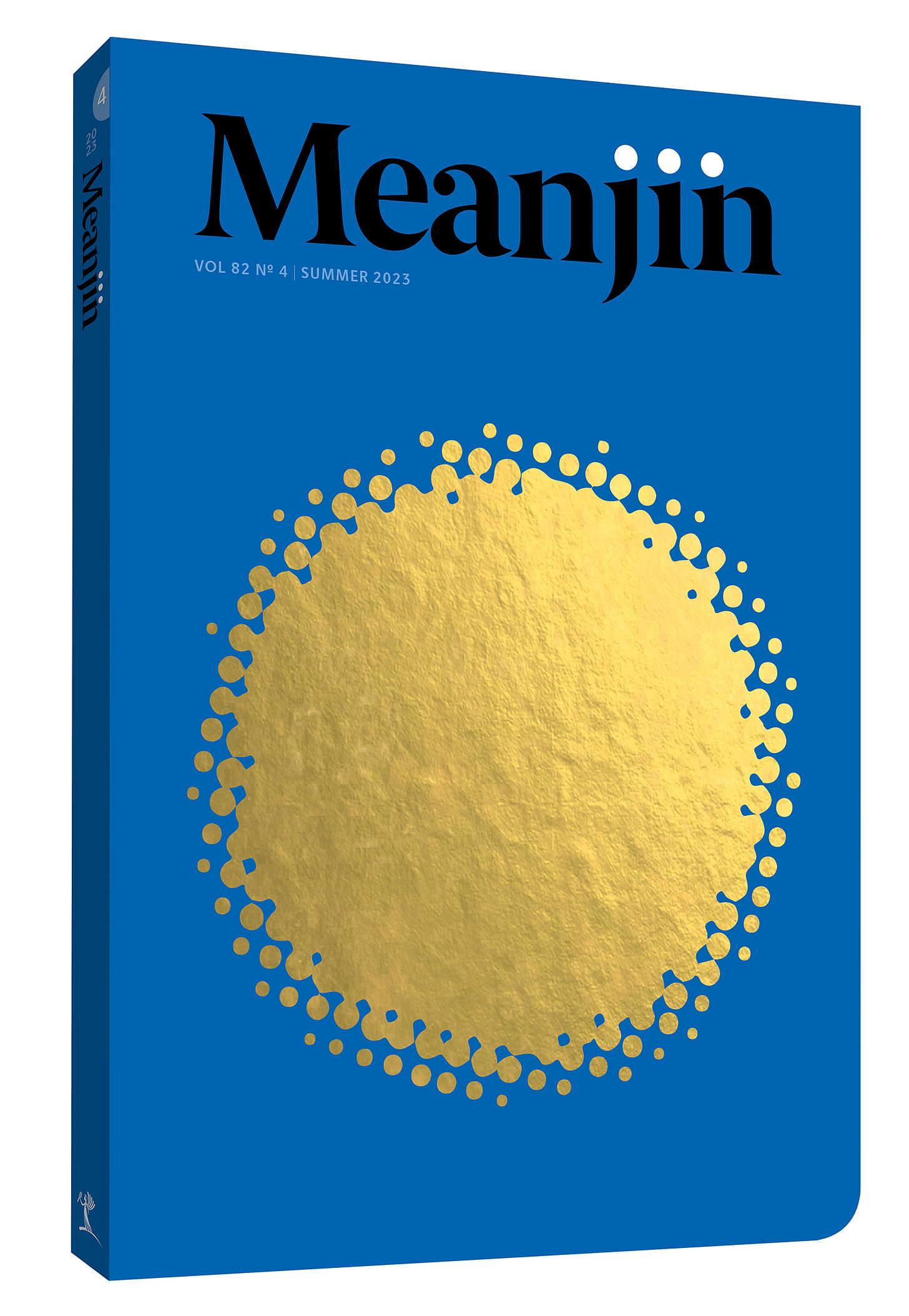There was a lot of variety in my reading this year. Judging the Nib Literary Award through the middle of the year meant a lot of nonfiction (but fiction, plays and poetry also); and fatigue from work, care duties and health issues meant strong patches of easy, comfy reading and long, slow deep dives into favourite authors’ works old and new (i.e. Kafka). There were academic tomes pored over for work (ecofeminism, posthumanism, phenomenology, publishing studies), while audiobooks and ebooks continued to dominate my pleasure reading, due to ease of access. There were ambitious borrows of stacks from the library I never got more than a few pages into; and absolute piles of picture books read to my daughter on the couch, in bed, and on our commute. What a joy and pleasure that has been.
Here are some of my 2024 reading highlights:
The Mark and Evette Moran Nib Literary Award longlist, obvs. I can’t single any of these out but some I still think about almost daily! The overall winner was Melissa Lucashenko’s extraordinary novel Edenglassie. I first read that last year, and included it in my 2023 best books round-up.
Literary and general fiction
I recently finished Rapture by Emily Maguire and it’s one of my year’s best. A 9th-century girl, spiritual and curious, allowed to listen at her father’s table, is treated ‘like a human’ (read: man) and can’t see a way back. She lives as a monk, scholar and scribe and rises through the ranks. She experiences spiritual connection but also physical, carnal. I loved this book. I never knew what was around the corner and was fully immersed in Agnes’s world and interiority. The audiobook is beautifully narrated by Rose Ackroyd, too. I found some echoes with Charlotte Wood’s Stone Yard Devotional, though they’re very different books in terms of style, story and character. They both deal with the body, spirituality, devotion and being earthbound. Has anyone essayed on these recent considerations in Australian literature – women limited in many senses but unbound in devotion? I’m fascinated by it, especially in this era of climate crisis.
Another book I loved was The Work by Bri Lee. It’s about New York gallerist Lally and young Sydney art dealer Pat, and intersections of passion, ambition and economics. It has great depth of character, strong pacing, and showcases the ways capitalism and gender roles intersect. When we make poor decisions for ourselves, and often when there is conflict between us and others (friends, colleagues, lovers) it is due to this nexus. (I’m reading Sally Rooney’s Intermezzo now too and it also explores this.) Shown through both Pat and Lally’s internal dialogue, emotions (anger, spite, withdrawal, an inability to be vulnerable), and actions (Lally putting on a show by a controversial male artist at her gallery; Pat sleeping with his client). In the end the two characters are quite similar, but distinctly man/woman. The novel also captures the regional/city and regional/arts and education cultural divide in Australia (which also intersects with gender, as seen through Pat’s sister and her limited choices) perfectly. There are some really smart conversations/considerations on art’s role and on consuming art and selling art in the contemporary world. I thought this was an excellent, smart novel and I really enjoyed it!
In If You Go by Alice Robinson a woman awakes, violently, in a strange underground facility, her keeper another woman. Where are her children? What has happened? As the answers slowly come for the reader we spend time in her memories and observations: sharp, deeply emotive and highly sensory scenes of a woman, creative, mother, wife – giving, living, failing (in her eyes). A complex portrait of choices in the West under patriarchy, and in a time of rapid technological change and environmental destruction. It’s also about the inevitability of life going on in ways you cannot control (your children’s, the planet’s). It’s gentle science fiction, strongly literary (strong characterisation, depth of theme and memorable, dog-ear-inducing paragraphs and lines) and philosophical. It’s the first book I’ve read as a parent where I felt so much of the observations of parenting in my gut, likely because Robinson does a great job of embodying you in the character’s experience, and also likely because the observations are honest and thoughtful. In the philosophical sense, it places us as we are, as dots in time, and expresses the mix of wonder and grief that can accompany that realisation whenever it occurs.
Thanks for Having Me by Emma Darragh follows three women in three generations close together. The middle era is a woman about my age and I found such familiarity through the cultural references but also the gendered, regional Australian experiences. The book is about imperfect mothering but mothering with love, and the desire to do right. Aspects that are inherited (and inevitable?). The book’s structure and style is refreshing: stories and scenes in a non-linear form, so you slowly get a picture of the three women: Mary-Anne, Vivian and Evie. And that vivid specificity in each era (sometimes almost too overwhelming; do we really notice/name every little thing in our environment?) Overall, the characters have depth and are sympathetic and I’d love to read more by Darragh.
I also enjoyed The Sitter by Angela O’Keefe, a novella about a writer holed up in a hotel in the height of Covid, haunted by Hortense Cezanne, with its poignant observations of life, past, stillness and secrets.
I read a few bestsellers and wasn’t disappointed, such as Tomorrow and Tomorrow and Tomorrow by Gabrielle Zevin, a deep character study of game designers Sadie and Sam who meet as kids in a hospital (his foot, her sister). There is a nostalgic element around the games recounted and the book is fascinating on creative process. The final scene is rendered beautifully (like a first-person video game POV) and very moving. It felt like such a big, populated read but it always looped back and nothing introduced was ever wasted. The Ministry of Time by Kaliane Bradley is a satisfying, character-driven read about time-travel consequences. And Yellowface by Rebecca F. Luang reminded me how much I enjoy satire and black humour. It’s truly biting on both writers and the publishing industry. It raises fascinating questions about the inherent moral ‘good’ of books and the literary calling.
While I’m not sure Day is Michael Cunningham’s best work, reading him is like catching up with an old friend I’m extremely fond of. He always exquisitely renders interiority, people’s inadequacies, the small everyday choices in their big-small lives. It’s his pandemic novel and has some of his common themes: mothers, sibling and sibling partner crushes, hyperreality, flowers, illness, half-met dreams, the children carrying everything.
Finally for this section, some literary speculative fiction: Pink Slime by Fernanda Trías, translated by Heather Cleary. Mid-apocalyptic, algae and red fog, a woman pulled between caring for her charge, an ex, her mother. Atmospheric but also a bit claustrophobic. Worth reading.
Nonfic and memoir
Power Born of Dreams: My Story is Palestine is an incredibly moving graphic work by Mohammad Sabaaneh about being detained in an Israeli prison and the hopes and dreams and stories he shares with a small bird. It also has some information in the back about the 1967 Occupation, the West Bank, Gaza, The Oslo Interim Agreement, the Annexation Wall, Kafr Aqab and administrative detention (by Israel of Palestinians). A beautiful and personal work.
Peter Goldsworthy’s memoir The Cancer Finishing School is thoughtful and wry and probing, like much of his writing. Though the cancer does soften his edges (in a meaningful way). I like the part about him buying the painting of himself looking deathly and hanging it as a daily reminder of what he’s surviving. And the ways he writes about love and gratefulness for people while trying to skirt cliché or easy summation. Also the atheistic and philosophical probing that comes with terminal illness for someone with a brain like him.
The philosophical graphic essays – questioning, curious, warm, personal, generous – in Eventually Everything Connects by Sarah Firth are wonderful.
Can’t stop thinking about Nick Cave talking about his son literally inhabiting the songs on Ghostteen in Faith, Hope and Carnage by Nick Cave and Sean O’Hagan. And here’s a beautiful quote:
Perhaps god is the trauma itself. Perhaps grief can be seen as a kind of exalted state, where the person who is grieving is the closest they will ever be to the fundamental essence of things. Because in grief you become deeply acquainted with the idea of human mortality… We are essentially altered or remade by it.
This Is Not a Book About Benedict Cumberbatch by Tabitha Carvan is an accessible critical memoir, about the journey to celebrating the joy of loving something for the sake of it, of finding or rekindling passions and getting back in touch with yourself. Acts as a great explainer on why fandoms exist and are so vital in people’s lives. I related in particular to Benedict Cumberbatch being the subject as my own life changed after my intense attraction to him around the time Sherlock came out!
I’ve always been pretty fascinated by raunch culture and female bodily autonomy within the constraints of patriarchal capitalism AND the aesthetic of faded glamour and Crystal Hefner’s autobiography Only Say Good Things: Surviving Playboy and Finding Myself did not disappoint. Learning about what happened in Hef’s baby-oil-soaked bed and how he treated the girls, absolutely ew. And the mansion riddled with black mould. Crystal articulates her motivations as a young woman, having experienced the loss of her father and a lover and surrounded by cultural and close messages that her worth was in her looks, and how she saw the mansion as a place she could be valued, have power, be at the heart of culture. She powerfully deconstructs Hef’s image all throughout this book, as she shares her own reprogramming, or deprogramming. I can imagine how hard it would have been, because as the title says, the message for all those years he gave her was to only say good things about him. The real man: narcissist, controlling, stuck in time, empty shell.
Comfy reads
I’ve read some romance books before but I think it really clicked as a genre for me this year, probably because I read some good egs of the genre, or some that were just right for me. My favourite was the extremely spicy queer romance Mistakes Were Made by Meryl Wisner. X-rated but… sweet? I will read Wisner’s other works at some stage. And a fun straighty one was Nevermore Bookstore by Kerrigan Byrne and Cynthia St Aubin. It’s about a bookstore owner – tough, kind, and knows herself – and a damaged big guy who finds her irresistible. It had good banter, but wasn’t flippant like some romances. Good-natured would be a way to put it? And sexy too. Cute and escapist and absorbing.
How about you? What books did you enjoy this year? What got you through?
~
Take care, and warm wishes for 2025,
Angela
Books | Online courses | Insta | Bluesky | Ko-fi

